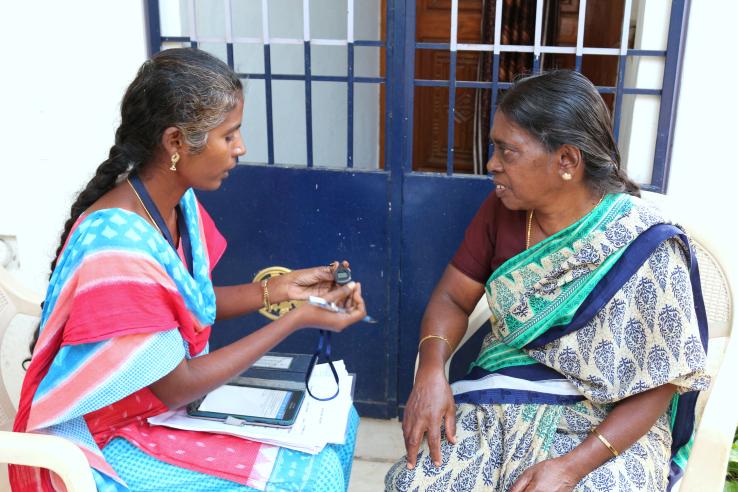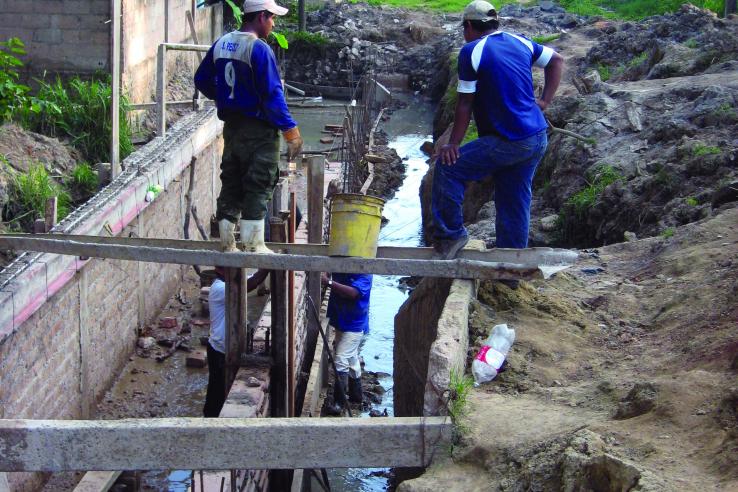Displaying 226 - 240 of 8473
Research Paper
File: Research paper
Research Paper
File: Research paper
Research Paper
File: Research paper
Research Paper
File: Research paper
Research Paper
File: Research paper
Research Paper
File: Research paper
Research Paper
File: Research paper
Research Paper
File: Research paper
Research Paper
File: Research paper
Research Paper
File: Research paper
Policy Publication
File: Policy publication
Providing financial incentives to walk at least 10,000 steps per day led to increased exercise and moderate physical and mental health improvements among diabetics and prediabetics in India, with "threshold" contracts being especially effective for diabetics who are more impatient.
Research Paper
File: Research paper
Research Paper
File: Research paper
Research Paper
File: Research paper
Policy Publication
File: Policy publication
Paving streets in marginalized neighborhoods in Mexico increased property values, allowing households to purchase more home appliances and vehicles and to invest more in home improvements.Paving streets in marginalized neighborhoods in Mexico increased property values, allowing households to...

